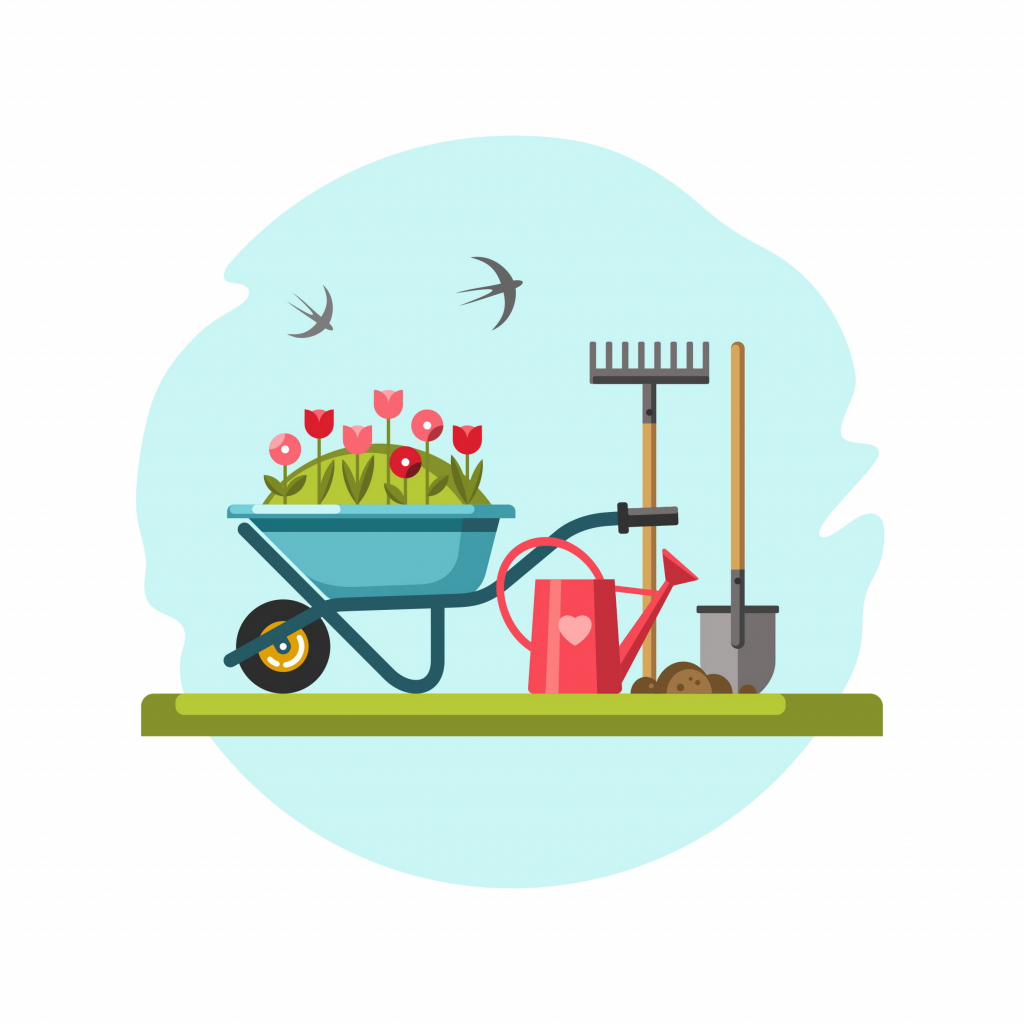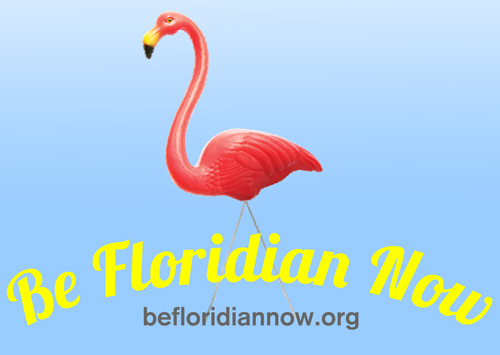 Fertilizers are added to soil in order to promote plant growth. Fertilizers provide plants, in varying proportions, three major plant nutrients: phosphorous, nitrogen, and potassium. They can be created either from natural organic material such as manure or compost or can be produced industrially.
Fertilizers are added to soil in order to promote plant growth. Fertilizers provide plants, in varying proportions, three major plant nutrients: phosphorous, nitrogen, and potassium. They can be created either from natural organic material such as manure or compost or can be produced industrially.
Excessive or incorrect fertilizer use has been found to lead to algal blooms. When it rains, fertilizers are carried as run-off into our waterways. Improper fertilizer use not only impacts City waterways but can also lead to long-term degradation of the soil.
Fertilizer application in Miami Beach is prohibited from May 15th through November 1st.


